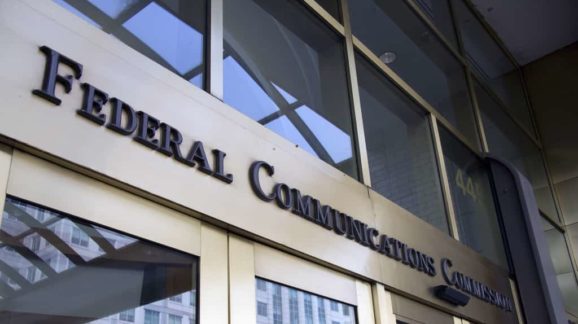CEI’s recent victory and principled history

My colleague Devin Watkins wrote about an important court decision last month, and we like to think that an amicus brief CEI provided to that court had something to do with it. But there’s one additional matter I’d like to emphasize: that court decision is based on constitutional principles that CEI associates have been consistently championing for 25 years.
As Devin wrote: the Fifth Circuit Court of Appeals recently issued a major decision. Consumer Research v. FCC breathes new life into what is called the non-delegation doctrine. At its root, the non-delegation doctrine rests on the idea that Congress should make decisions itself, rather than delegating them to some other body.
Congress has given the FCC a slush fund called the “universal service fee” tax on all telecommunication providers, for which the FCC can set the amount of the tax and determine what it should be used to pay for. CEI filed an amicus brief in the Fifth Circuit, arguing that the universal service fee violated the nondelegation doctrine because it was unconstrained by any intelligible principle.
On July 24, the Fifth Circuit’s panel of judges found that the universal service fee violates the nondelegation doctrine. They wrote:
In the Telecommunications Act of 1996, Congress delegated its taxing power to the Federal Communications Commission. FCC then subdelegated the taxing power to a private corporation. That private corporation, in turn, relied on for-profit telecommunications companies to determine how much American citizens would be forced to pay for the “universal service” tax that appears on cell phone bills across the Nation. We hold this misbegotten tax violates Article I, § 1 of the Constitution.
That Fifth Circuit decision makes for a circuit split, and there’s a good chance that this circuit split will eventually be resolved in the Supreme Court. We appreciate the fine work of Jeff Beelaert, who crafted a powerful amicus brief for CEI that the Fifth Circuit may well have found persuasive; Beelaert has used amicus briefs to explain the unconstitutionality of the universal service fee to courts in multiple circuits. But it’s worth noting that this decision, and the CEI advocacy that preceded it, is far from the first time that CEI advocates have stood up for an important principle: namely, the law that created the Universal Service Fund should comport with the principles of limited government and direct political accountability that are inseparable from our Constitution.
Indeed, in 1999, Kent Lassman – now the President of CEI – testified before Congress about precisely this issue. Lassman explained the fundamental moral and political requirements that the universal service fee must meet. As he said:
The program must be constitutional. The 1996 Telecommunications Act did not give the FCC the power to establish or increase taxes. In fact, had the act attempted to delegate such a power, it would have been unconstitutional.
Kent Lassman’s office is in a different building than it once was. His hair is just a bit more gray than it was in 1999. And the problems that CEI faces change over time. But the principles that CEI fights for haven’t changed a bit – and that is why, over time, CEI makes progress.